Sales Team
Project quotes, partnerships, implementation
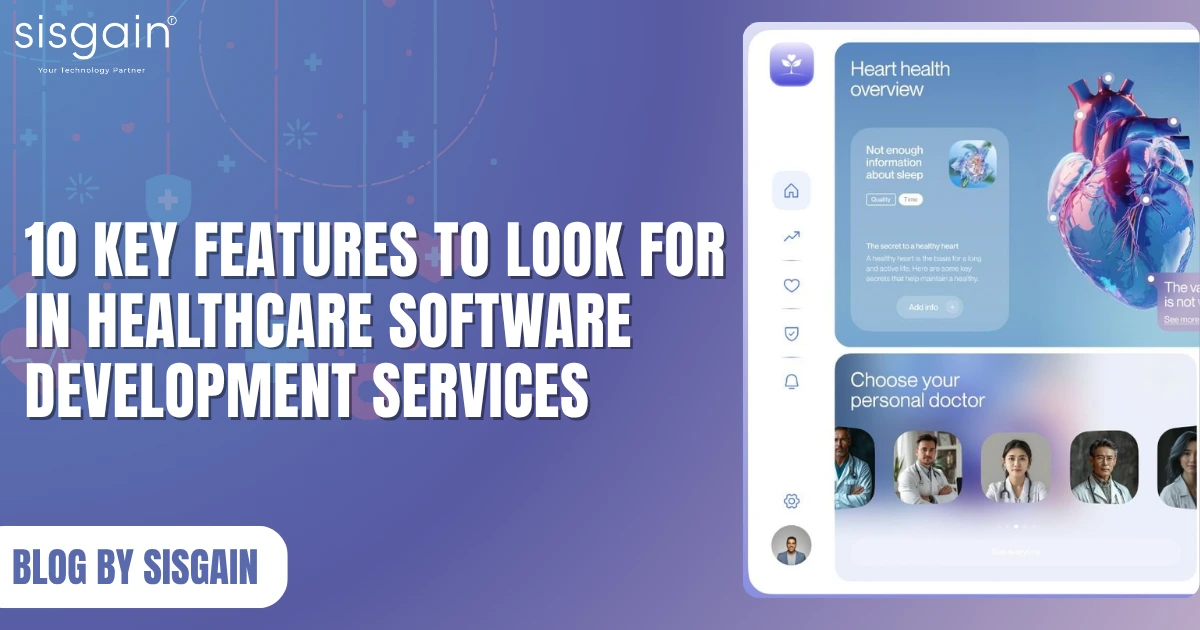
Healthcare is no longer just about doctors, hospitals, and medicines—it’s about digital transformation. From remote consultations to AI-powered diagnostics, technology has reshaped how patients receive care and how providers deliver it. In this evolving landscape, Healthcare software development services have become the driving force behind better efficiency, improved patient experiences, and smarter clinical outcomes.
But how do you know which healthcare software truly delivers value? The answer lies in identifying the right features. Below, we explore the 10 key features you should look for when investing in healthcare software development to ensure your organization gets a secure, scalable, and patient-centric solution.
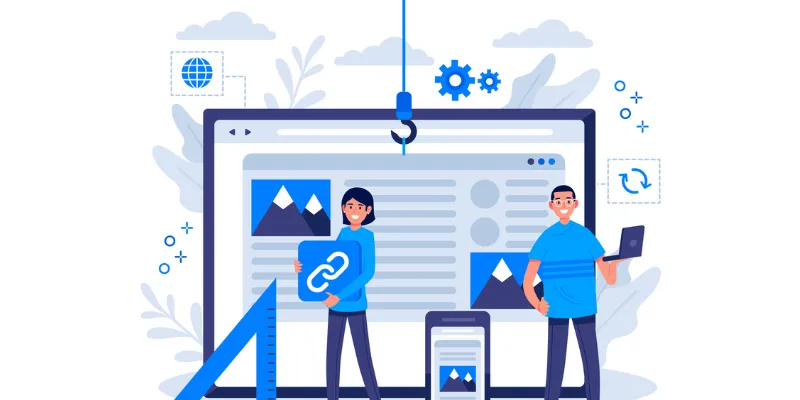
Every healthcare facility has unique needs—what works for a large hospital may not suit a small private clinic. This is where custom healthcare software development services come in. The ability to tailor software for specific workflows, departments, or patient groups ensures maximum efficiency.
For instance, a cardiology clinic requires advanced patient monitoring software to track heart data, while a pediatric hospital may focus more on scheduling and family communication. A reliable healthcare software development company should offer solutions that can grow and adapt as your organization expands.
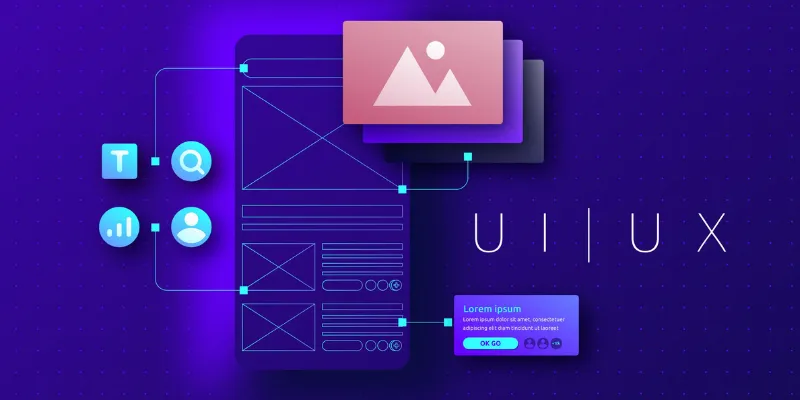
Healthcare professionals and patients alike need technology that is simple and intuitive. Complex software slows down processes and often leads to mistakes.
Modern healthcare management software should feature a user-friendly interface with clear navigation, minimal clicks for critical tasks, and easy access to patient records. The same goes for patient engagement software, where patients must be able to schedule appointments, check results, or message doctors effortlessly.
A well-designed UI/UX boosts adoption rates and ensures that both medical staff and patients embrace the software instead of resisting it.
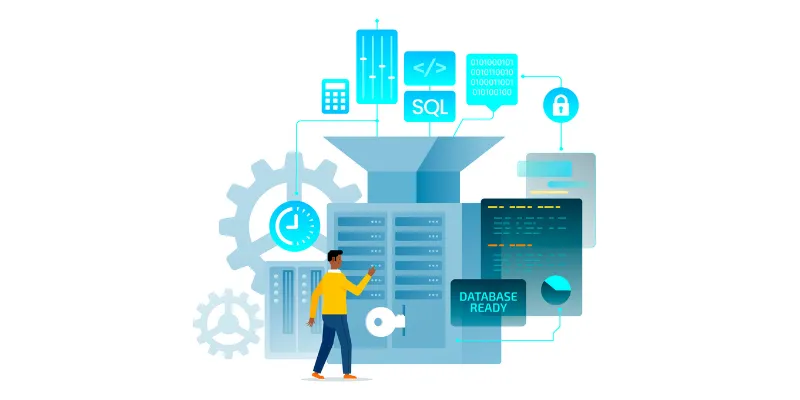
Most hospitals and clinics already use multiple tools—billing software, laboratory systems, and electronic health records (EHR). New software must integrate seamlessly with these existing tools rather than create silos.
For example, when patient management software solutions are integrated with EHRs and lab reports, doctors gain a complete view of a patient’s medical history without toggling between systems. Similarly, wearable devices connected with custom medical software make remote monitoring far more effective.
Strong integration saves time, reduces duplication of efforts, and ensures smooth information flow across departments.
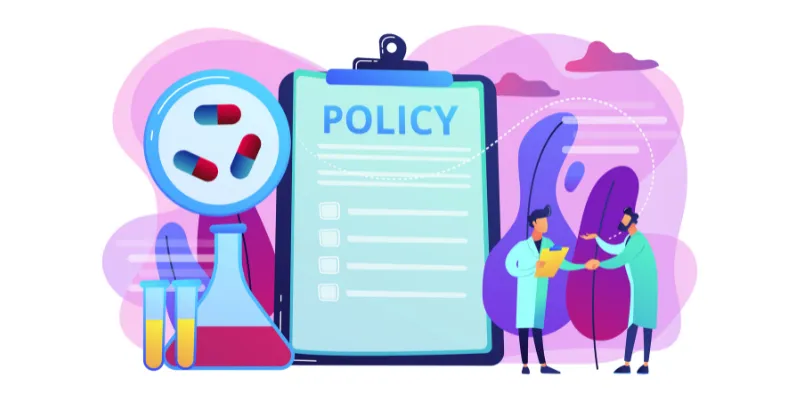
Healthcare is one of the most strictly regulated industries, and with good reason—patient safety and privacy are at stake. Non-compliance can result in heavy penalties, lawsuits, and reputational damage.
That’s why it’s critical to ensure your software meets global and local regulations such as HIPAA (USA), GDPR (Europe), or India’s DISHA guidelines. A trusted healthcare development company should design software that comes with built-in safeguards like encryption, access logs, and audit trails.
Compliance should not be treated as an afterthought; it must be a foundation of your custom healthcare app development project.
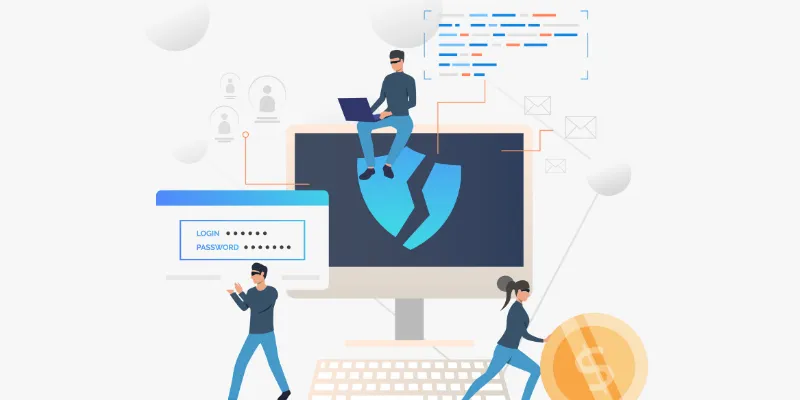
Data breaches in healthcare can have devastating consequences, from identity theft to compromised patient trust. Since hospitals deal with sensitive personal health information, security must be a top priority.
A strong software development healthcare solution should include:
Robust data protection ensures that both patient and organizational information remain safe, building trust with stakeholders and protecting against evolving cyber threats.
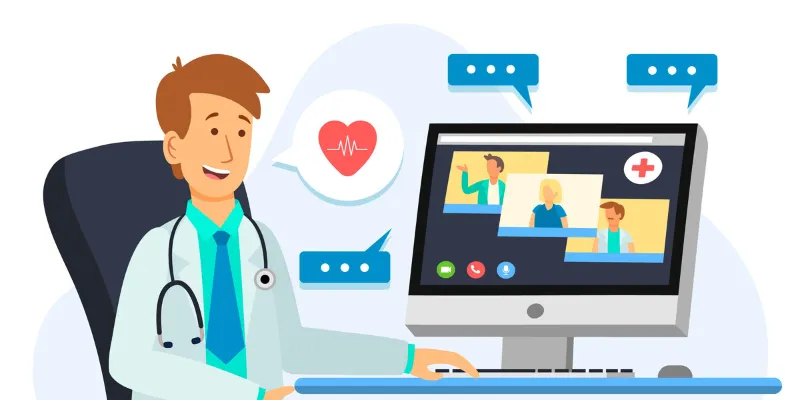
The rise of telehealth has made patient monitoring software essential. Remote patient monitoring systems allow doctors to track chronic illnesses, post-surgery recovery, and vital signs without requiring patients to visit hospitals frequently.
For example, wearable devices can send data directly to the system, alerting physicians in real time if a patient’s blood pressure or glucose levels move outside safe ranges. This proactive approach improves outcomes, reduces emergency visits, and strengthens the doctor-patient connection.
Incorporating RPM into custom medical software is no longer a luxury—it’s a necessity in modern healthcare.
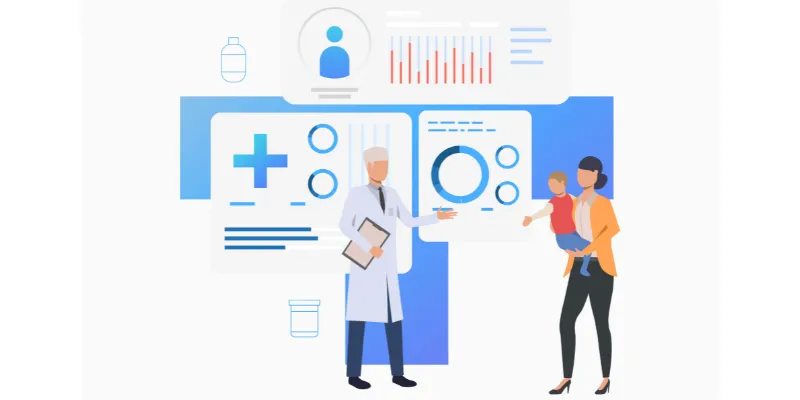
Healthcare generates massive amounts of data daily. Without the right analytics tools, this data remains underutilized. That’s why advanced analytics is a key feature in healthcare management software.
Analytics can highlight patient trends, predict risks, and optimize workflows. For example, predictive analytics can identify which patients are at risk of readmission, enabling hospitals to intervene early. Meanwhile, administrative reports can show bottlenecks in appointment scheduling or resource allocation.
For patients, patient engagement software with personalized reports helps them understand their progress and stay motivated in their treatment journey.

Cloud-based solutions are revolutionizing healthcare by making data more accessible, secure, and affordable. Unlike traditional on-premises systems, cloud-based custom healthcare software development allows professionals to access patient information from anywhere—whether they’re in the hospital, at home, or consulting remotely.
Interoperability also plays a vital role here. By enabling smooth data exchange across different hospitals, labs, and pharmacies, cloud support ensures patients receive coordinated care.
Organizations that still depend on outdated platforms should consider healthcare software modernization to move toward more secure and scalable cloud-based systems that are future-ready.
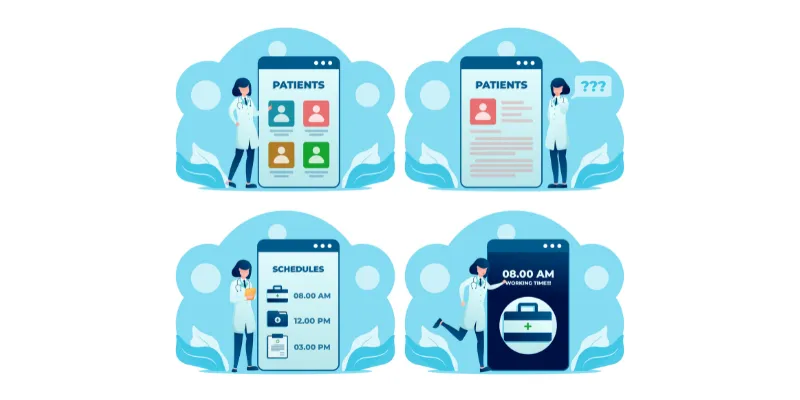
Healthcare today is about collaboration between patients and providers. Patients no longer want to be passive recipients of care—they expect to be active participants.
That’s why patient engagement software must include features such as:
These features increase patient satisfaction, reduce missed appointments, and improve adherence to treatment. A reliable custom healthcare app development solution should prioritize these engagement tools to strengthen long-term patient relationships.
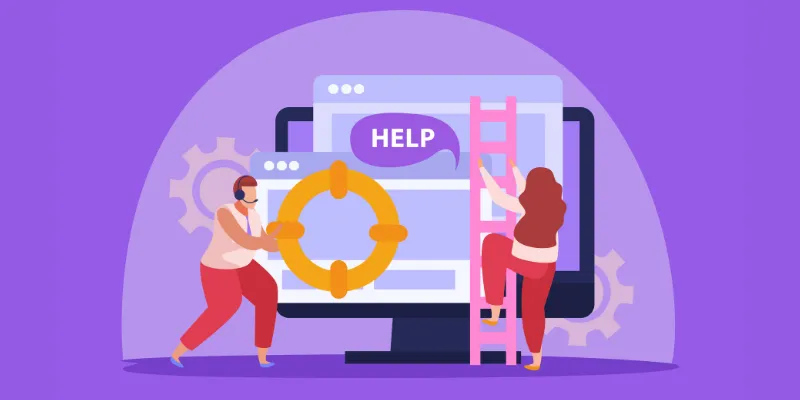
Healthcare technology is constantly evolving. Regulations change, new security threats arise, and patient needs grow. Choosing a healthcare software development company that offers ongoing support and scalability ensures that your system remains effective in the long term.
Whether it’s fixing bugs, rolling out updates, or adding new modules like AI-driven diagnostics, continuous support guarantees your software remains relevant and future-proof. Scalable solutions also mean your software can grow alongside your organization without requiring complete replacements.
This reliability is what sets leading healthcare development companies apart from others.
Healthcare is becoming more digital every day, and choosing the right technology partner has never been more important. The best healthcare software development services bring together innovation, security, compliance, and patient-focused features to deliver real value.
From custom healthcare software development and custom medical software to patient engagement software, patient monitoring software, and healthcare management software, these solutions are essential for creating safe, effective, and scalable systems.
By prioritizing flexibility, security, compliance, analytics, and ongoing support, healthcare providers can build software that not only meets today’s needs but also prepares them for the future.
Sisgain specializes in developing modern, customized healthcare software for hospitals, clinics, and care providers. With expertise in custom healthcare app development and a proven history of creating secure, scalable, and innovative solutions, Sisgain helps organizations improve workflows, strengthen patient engagement, and deliver better care.
Project quotes, partnerships, implementation
Open roles, referrals, campus hiring